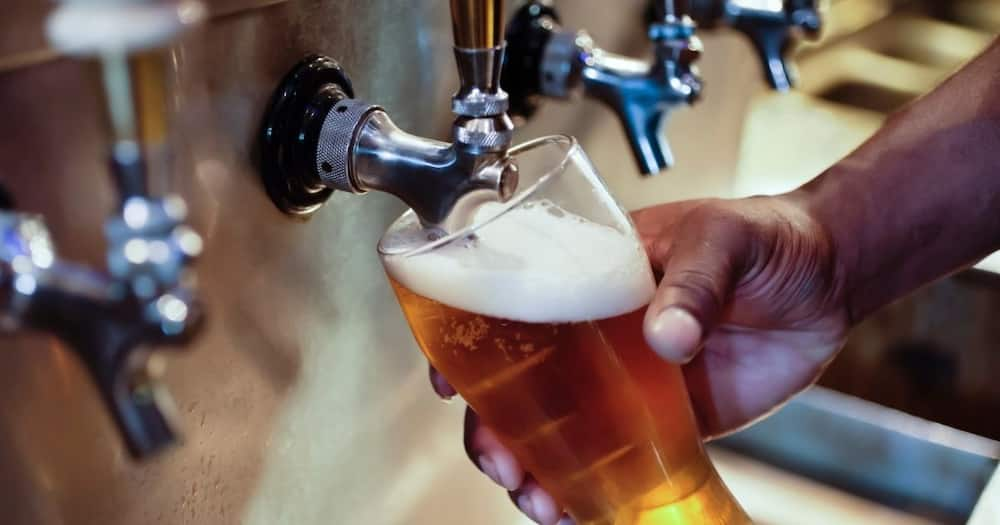SAB Threatens to Invest in Mozambique if Not Granted Excise Tax Relief by Government
- The South African government has received a request from South African Breweries to keep excise duties below inflation
- The company believes that the alcohol industry is a critical player in the country's post-Covid-19 pandemic economic recovery
- South African Breweries have stated that they could invest in other African countries, such as Mozambique, if they feel the government does not support them
PAY ATTENTION: Click “See First” under the “Following” tab to see Briefly News on your News Feed!
JOHANNESBURG - South African Breweries (SAB) has requested that the South African government keep this week's budget announcement in mind when adjusting the excise tax percentage.
SAB's economic and excise specialist, Fatsani Banda, said that the South African alcohol industry needs an excise duty adjustment that is below the inflation rate and a clear accompanying policy.
According to EWN, Banda added that the alcohol industry is crucial to South Africa's economic recovery following the Covid-19 pandemic. He believes that increasing liquor prices encourages the black market.

Source: Getty Images
SAB fears excise duty framework in post-pandemic South Africa
Banda said that SAB recognises the demand for a structured excise duty framework to be created and implemented. However, she expressed that SAB is concerned about the ramifications of potentially being subject to excise duties that are higher than the inflation rate.
PAY ATTENTION: Never miss breaking news – join Briefly News' Telegram channel!
Banda concluded that during the Covid-19 pandemic, SAB has had to let more than 150 000 of its employees go, and the company has experienced a 30% decline, News24 reports. Therefore, she said that if the South African government does not support SAB, they might have to explore other options.
"And if not, are there other countries that are willing to give us a business enabling environment. Mozambique, for instance, has been open to setting up a brewery by way of giving a tax reprieve and reducing the regulatory red tape for establishing business," Banda said.

Read also
Taxpayers paid R45bn for SASSA R350 SRD grant during Covid19 pandemic, economic predictions for 2022
Reactions to SAB's take on excise duties
@dhb1989 asked:
"Why is beer so expensive nowadays?"
@Melancoly3 said:
"Strong-arming the government."
@7ash_ley believes:
"Whose going to hire the millions that are employed by the industry and the value chain? Our economy would never survive. Look at the stats first. We could be way ahead with the amount of revenue that we get. Over 4% GDP."
@profparry asked:
"Did this "indaba" include acknowledging that parts of the liquor trade depend on heavy drinking to survive and acknowledging the substantial economic costs from alcohol on society, including the harm to non-drinkers? Probably not."
"Great idea": SAB opting out of loadshedding, will produce its own electricity
In other news about SAB, Briefly News previously reported that the implementation of loadshedding in South Africa is impacting a lot of industries negatively, this has led the liquor industry to harness its own power so it can be spared from hours of no electricity.

Read also
Ramaphosa responds to SONA 2022 criticism, claims private sector is a better source of employment
The South African Breweries has a plan to produce its own electricity using solar power by the end of 2025. SAB wants to move away from relying on Eskom completely.
The company wants to reduce the load of Eskom's power grid as well as lessen CO2 emissions. The plan was implemented in 2020, and so far, half of Castle Lite's production uses solar energy.
Source: Briefly News

